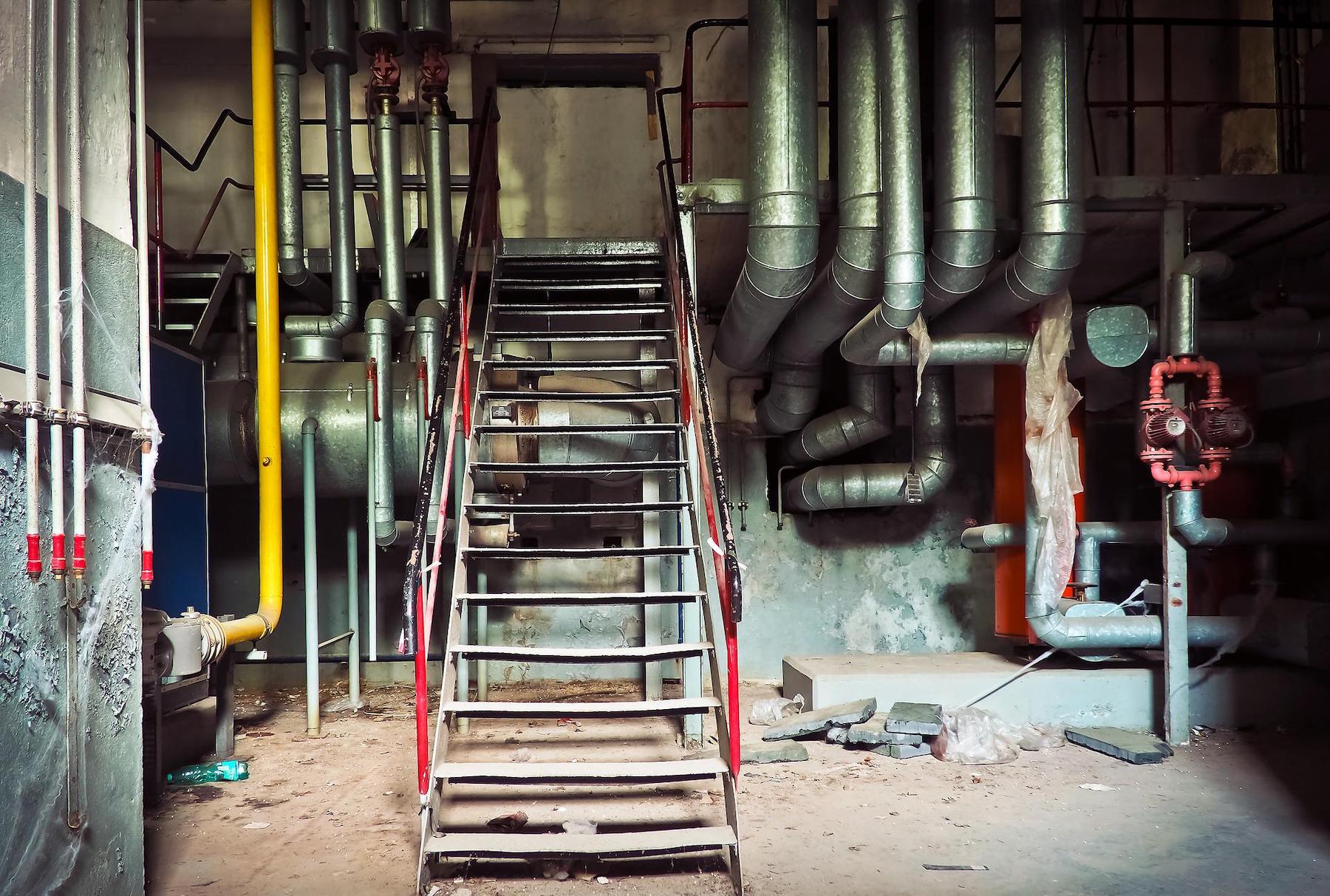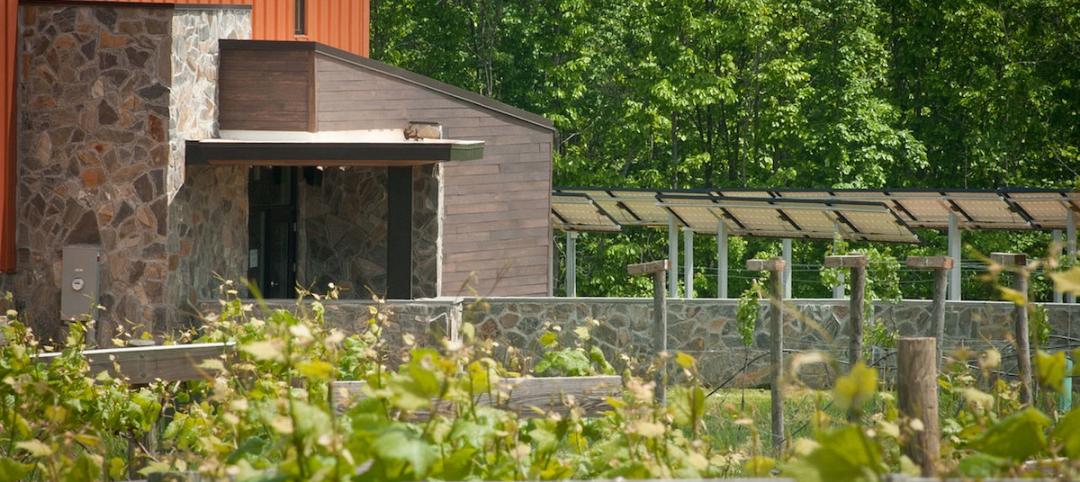Washington recently became the first state to require all electric heat for new buildings.
Under the state’s new energy code, most new commercial and large multifamily buildings will have to install heat pumps. The State Building Code Council, which voted to adopt a revised energy code that includes the all-electric provision, will consider a similar proposal for smaller residential buildings later this year. The revised code also requires the use of heat-pump hot water heaters.
The new Washington code includes exemptions for hospitals, research facilities, and other buildings where fossil fuels are required for “specific needs that cannot practicably be served by heat pumps.” Washington’s action is the latest in a widespread effort to transition buildings to appliances and HVAC equipment that can be powered by clean electricity. Advocates in many areas are backing legislation and code updates that restrict the expansion of natural gas use in new buildings.
There has been significant pushback on these efforts, though. In early April, a proposed gas ban for new buildings in New York State was dropped during contentious budget negotiations. (New York City, however, did impose a gas ban on new buildings in December.) California adopted a building code change last August that strongly discourages gas hookups in new buildings but does not mandate it.
Related Stories
Codes and Standards | Mar 5, 2015
Construction problems at prison spur support to quash non-traditional project delivery in Iowa
Iowa lawmakers are investigating construction problems at the Fort Madison prison project and are scrutinizing rules regarding project delivery on state projects.
Codes and Standards | Mar 5, 2015
AEC industry groups look to harmonize green building standards, codes
The USGBC, ASHRAE, ICC, IES, and AIA are collaborating on a single green code.
Codes and Standards | Mar 2, 2015
Nevada moves to suspend prevailing wage rules on school projects
The Nevada Senate approved a bill that would suspend prevailing wage rules on school projects.
Codes and Standards | Feb 22, 2015
Louisiana officials critical of stricter building standards in flood-prone areas
Buildings would have to be built either two or three feet above the base flood elevation for a 100-year flood or above the base elevation for a 500-year flood.
Codes and Standards | Feb 18, 2015
Buildings with rocking steel-braced frames are advantageous in earthquakes
Research at Case Western Reserve University has found that buildings that rock during an earthquake and return to plumb would withstand seismic shaking better than structural designs commonly used today in vulnerable zones of California and elsewhere.
Codes and Standards | Feb 18, 2015
USGBC concerned about developers using LEED registration in marketing
LEED administrators are concerned about a small group of developers or project owners who tout their projects as “LEED pre-certified” and then fail to follow through with certification.
Codes and Standards | Feb 12, 2015
ASHRAE, USGBC, IES consider biomass requirements in green building standard
The proposal would add biomass to approved renewables.
Codes and Standards | Feb 12, 2015
New Appraisal Institute form aids in analysis of green commercial building features
The Institute’s Commercial Green and Energy Efficient Addendum offers a communication tool that lenders can use as part of the scope of work.
Codes and Standards | Feb 8, 2015
ASHRAE, IAQA approve consolidation
Under the consolidation, IAQA will become a part of the ASHRAE organization while maintaining its own brand and Board of Directors.
Codes and Standards | Feb 6, 2015
Obama executive order requires federal construction projects to consider flood damage caused by climate change
To meet the new standard, builders must build two feet above the currently projected elevation for 100-year floods for most projects.














